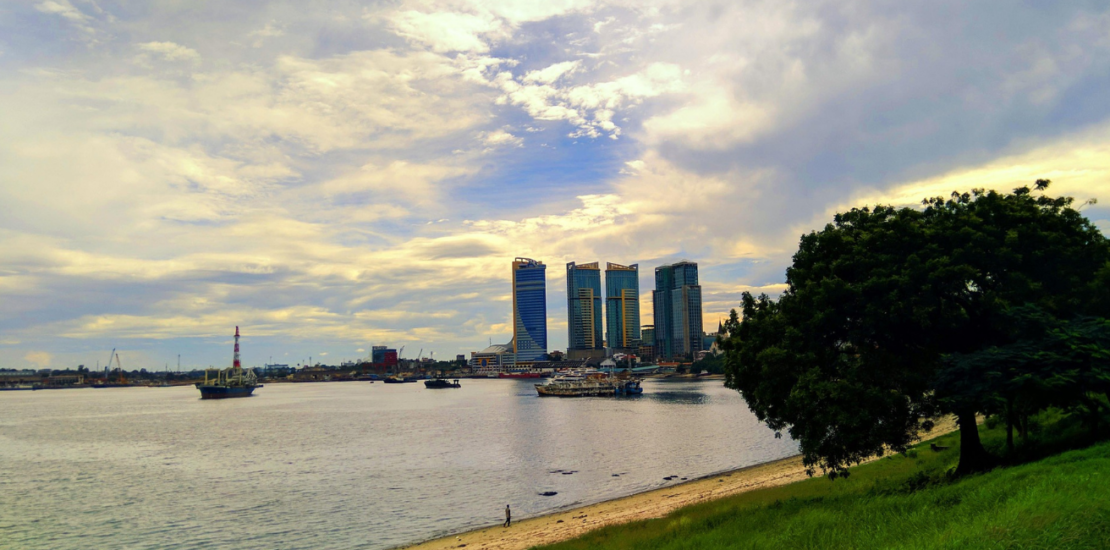- April 11, 2023
- Posted by: admin
- Category: COPYRIGHT

A CONCEPT ABOUT COPYRIGHTS IN TANZANIA MAINLAND AND ZANZIBAR.
What is a Copyright?
Copyright is defined as the sole legal right to print, publish, perform, film, or record a literary, artistic, or musical work. An author is a natural person who creates the work. Copyright works include literary and artistic works, such as novels, poems and plays, films, musical works, drawings, paintings, photographs and sculptures, computer software, databases and architectural designs as well elaborated by the Intellectual Property needs and Expectations of Traditional Knowledge, Geneva (2001), “WIPO Report on Fact-Finding Missions on Intellectual Property and Traditional Knowledge
The Act assigns economic and moral rights to authors of works subject to copyright protection. The economic rights include reproduction, distribution, rental, public exhibition, translation, adaptation, public performance, communication to the public, and importation of copies. The moral rights include the right to claim authorship and indication of the work, and the right to object to derogatory action to the work that would prejudice the author’s honor and reputation.
What Is The Governing Law For Copyrights In Tanzania?
In Zanzibar, Copyright works are protected by The Copyright Act of 2003. The Law assigns economic and moral rights to authors of works subject to copyright protection. The economic rights include reproduction, distribution, rental, public exhibition, translation, adaptation, public performance, communication to the public, and importation of copies. The moral rights include the right to claim authorship and indication of the work, and the right to object to derogatory action to the work that would prejudice the author’s honor and reputation.
On the other hand, the Copyright and Neighboring Rights Act Cap. 218 R.E 2002 is the main law governing copyrights in mainland Tanzania. It provides for the protection of several works created by Tanzanian authors, works first published in mainland Tanzania, audio-visual works produced by a resident producer, and works of architecture and other artistic works incorporated in a building or structure in Tanzania. The Act also offers protection to performances made by Tanzanian nationals or that took place in Tanzania, and performances that are fixed in a phonogram, audio-visual form, or embodied in a broadcast. The Act also protects unpublished works and works first published in a foreign country by foreign authors who are residents in that foreign country, subject to reciprocal protection. The Act is subject to international conventions that govern matters such as expressions of performances, phonograms, and broadcasts, but Tanzania must be a party to such conventions for them to apply under the Act.
International Copyright Treaties.
International Copyright Treaties are treaties that are used to protect copyright and other related rights against infringement. The International Copyright Treaties that protects copyrights and other related rights against infringement are Bern Convention, TRIPS Agreements and World Intellectual Organization.
What Is A Copyright Infringement?
Are the uses of economic rights also known as exclusive rights of intellectual creators, authors or writers without permission? The intellectual creators, authors or writers have exclusive right of authorizing to use or prohibiting others to use their works like to distribute, reproduce and even make copy or translate protected work from one language to another. Copyright infringement can be formed in the form of piracy, file sharing or even plagiarism. The author or owner of copyright shall have the exclusive right to carry out or to authorize the following acts in relation to the work.
The Zanzibar Copyright Act of 2003 protect the intellectual creators, writers and authors of the intellectual creations by giving the right which is known as civil remedy any person whose right are in imminent danger of being infringed or have been infringed to institute proceeding before the Court for such as; an injunction to prevent the infringement or to prohibit the continuation of the infringement; payment of any damages suffered in consequence of the infringement, including any profits enjoyed by the infringing person that are attributable to the infringement and if the infringement is found to have been prejudices the reputation of the person whose rights were infringed, the court may, at its discretion, award exemplary damage. Also, the intellectual creators, authors and writers have rights against any infringement which is known as criminal sanctions to the rights which is protected under the Copyright Act of 2003.
Upon Death.
In Zanzibar, the economic rights shall be protected during the life of the author and for fifty years after his death. In the case of joint authorship, the economic rights shall be protected during the life of the last surviving author and for fifty years after his death and in the case of an audiovisual work, the economic rights shall be protected for fifty years from the date on which the work was either made, first made available to the public, or first published, whichever date is the latest.
The lifespan of copyright in Tanzania main land varies depending on the type of work. Literary, artistic, and musical works are protected for the lifetime of the author plus fifty years from the end of the year in which the author dies. Cinematographic works, sound recordings, and broadcasts are protected for fifty years from the end of the year in which the work was first published or made available to the public.
Conclusion.
Generally, copyright protection lasts during the lifetime of the author and 50 years after the author’s death. The Act specifies different durations of protection for different types of works, such as works of joint ownership, works published anonymously or under a pseudonym, audio-visual works, and works of applied art.
